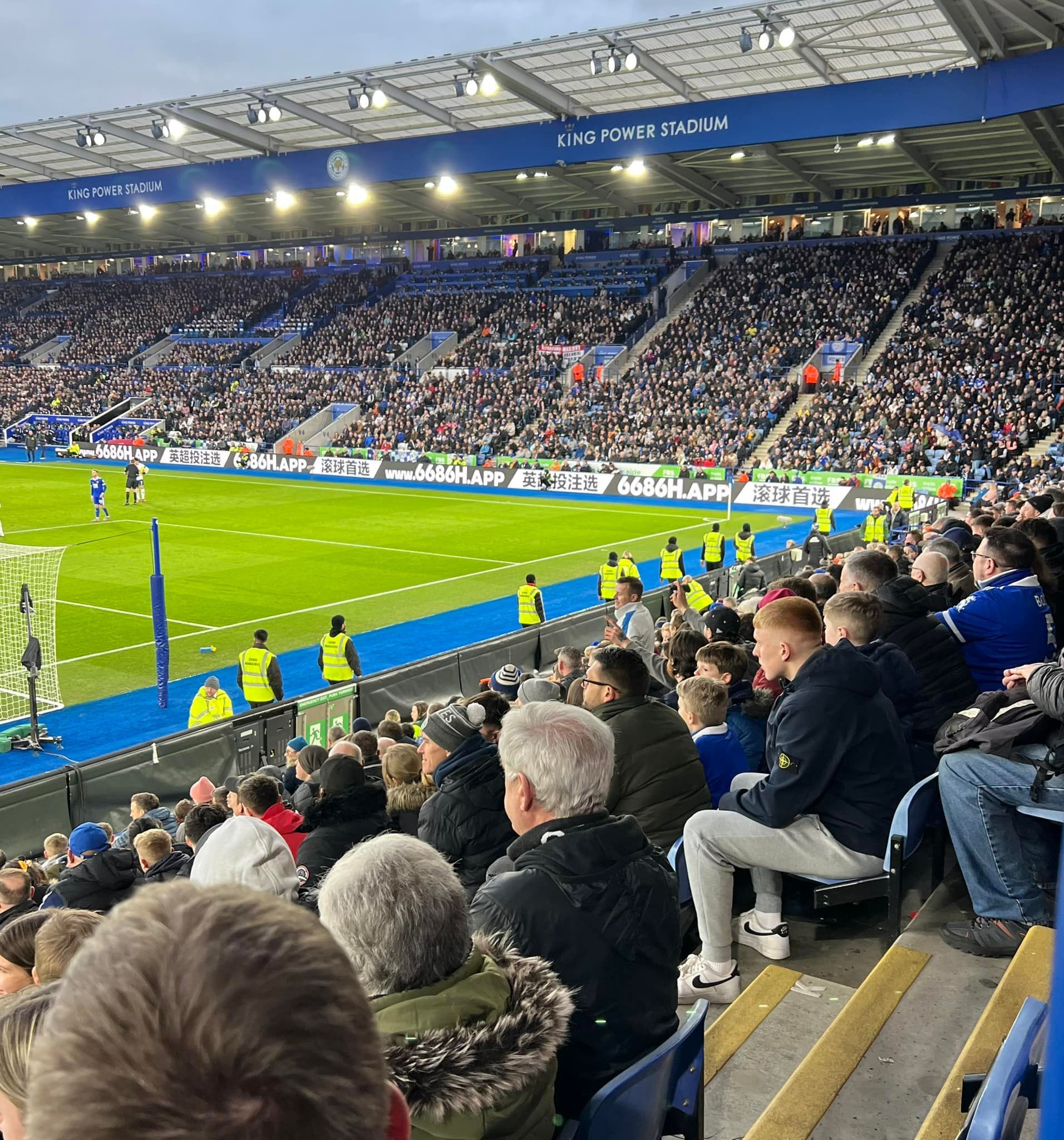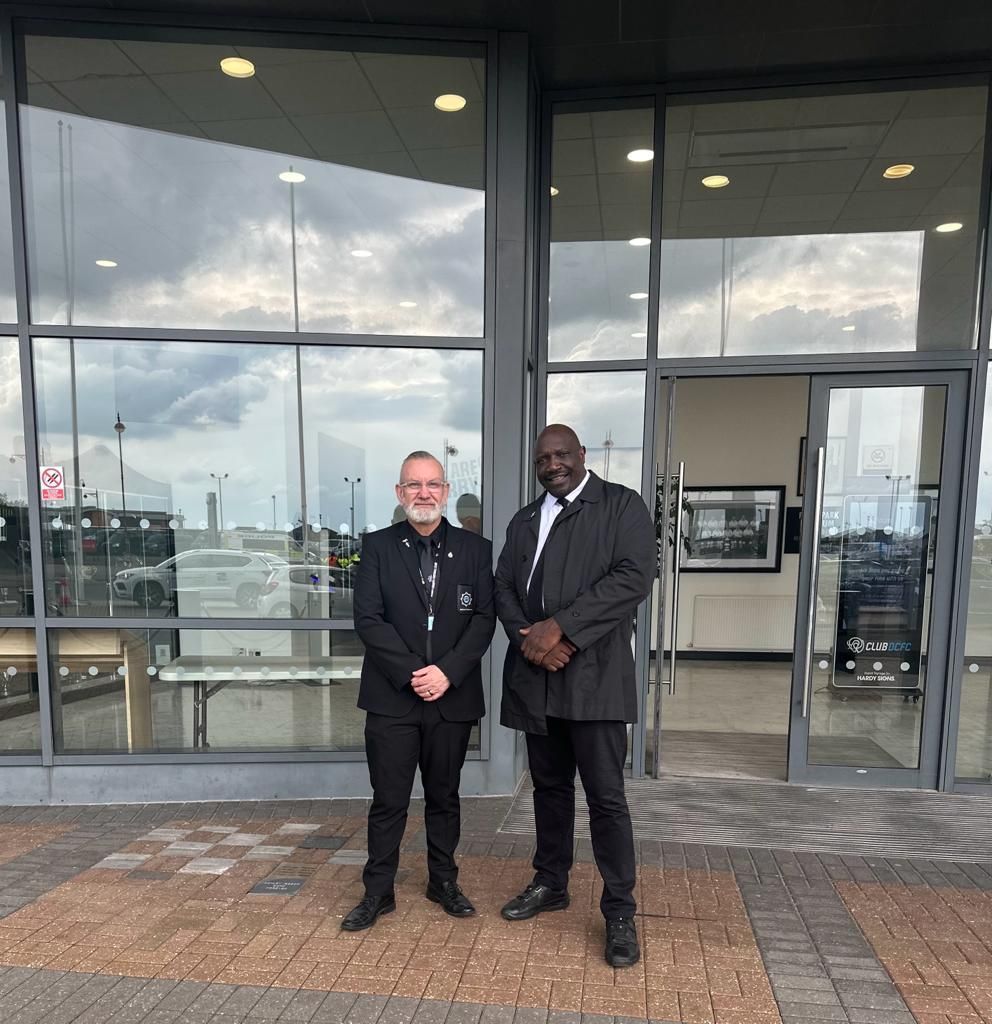What Does Event Security Do?
The presence of a proficient event security team is invaluable in maintaining not only the safety and control of gatherings, ranging from modest community meetings to larger-scale concerts, but also in delivering exceptional customer service and assistance. By managing the flow of information and seamless coordination, event security ensures that every attendee can enjoy the event with peace of mind, while mitigating any potential risks. Below we look into the crucial role of event security, including the many duties.
Risk Assessment for Event Safety
Identifying potential threats and vulnerabilities is a crucial first step in ensuring the safety of an event. Event security teams work diligently to analyse all aspects of a forthcoming event, ranging from the venue to the demographic of attendees, to forecast potential security issues.
Once potential risks are identified, security experts tailor security measures to the specific event. Each event is unique, and thus, demands a bespoke security strategy that aligns with its distinctive characteristics, be it a large-scale public festival, a private corporate engagement, a high-profile gathering and more.
Part of the risk management process involves implementing planned event strategies to mitigate risks. This might encompass diverse tactics, from heightened surveillance to strict access controls, all designed to create a safe and secure environment for participants and staff alike.
- Assessment of external and internal threats such as technological mishaps, or intentional acts of violence.
- Anticipation of crowd densities and the dynamics of attendee movement.
- Preparation against health and safety concerns, including trip hazards or other on-site dangers.
- Design of incident response protocols for quick and effective action.
Access Control Strategies for Event Security
Implementing effective access control strategies is a critical component of ensuring the safety and security of any event. It involves creating a secure environment by not only restricting entry points but also vigilantly monitoring them. The goal is to prevent unauthorised people from gaining access and to ensure the safety of attendees, staff, and event participants.
Importance of Restricting and Monitoring Entry Points
By carefully managing entry points, event security can control who enters and exits the space, reducing the risk of overcrowding, conflicts, and potential threats. It's essential for maintaining order and safeguarding the attendees against any possible disruption or harm.
Techniques for Secure Admission to Prevent Unauthorised Access
- Implementing ticket checks and identity verification processes.
- Using barriers and fencing to funnel guests through controlled points.
- Employing electronic systems, such as RFID wristbands, for quick and secure admission.
- Training staff to recognise fake or compromised tickets.
Coordination with Ticketing and Guest Services
Event security must work in tandem with ticketing and guest services to ensure a seamless entry process. Effective communication between these areas is crucial for managing crowds, verifying tickets, and providing assistance to guests. This synergy helps maintain a high level of security while ensuring that attendees have a positive experience from the moment they arrive.
Crowd Management Techniques at Events
Effective crowd management is pivotal for the safety and enjoyment of any event. Well-executed crowd control strategies ensure that guests can move freely and securely throughout the venue, which is a primary responsibility of event security. Below we explore key techniques utilised by security professionals to manage crowds efficiently.
Methods for Safely Directing Crowd Movement
Guided Pathways: Security teams create clear, marked pathways to guide attendees to their destinations without confusion. These are often reinforced with physical barriers and signage.
Capacity Limits: Adhering to venue capacity limits is crucial. Event security enforces entry restrictions to prevent dangerous overcrowding.
Designated Areas: Separate zones for different activities within the event can help in distributing the crowd evenly and in managing flow more effectively.
Preventing Overcrowding and Ensuring Comfort
- Security personnel constantly monitor spaces to prevent bottleneck situations where overcrowding may occur.
- Comfort stations, like rest areas and hydration points, are strategically placed to alleviate concentrated groups of people.
- Communication between security team members is essential in preemptively identifying and addressing potential overcrowding issues.
Strategies for Emergency Evacuations
In the event of an emergency, a clear and practiced evacuation plan is vital. Security staff are trained in:
- Emergency Signalling: Alerting attendees promptly using alarms and public address systems.
- Evacuation Protocols: Guiding audiences to exits in a calm and ordered manner to prevent panic and trampling.
- Assembly Points: Designating safe areas outside the venue where attendees can regroup and await further instructions.
Emergency Response Planning for Event Security
At the core of effective event security is a robust emergency response plan. The preparation and execution of such a plan are essential in ensuring guest safety during any unexpected events or emergencies. Let's explore the critical components of an emergency response plan and the vital role it plays.
Readying Teams for Potential Incidents
Event security personnel must be prepared for a range of potential incidents. To ensure rapid and effective responses, security teams are trained extensively in emergency protocols which can range from first-aid response to full-scale evacuation procedures. Regular drills are conducted to keep responders' skills sharp and to ensure a coordinated effort in the event of an actual emergency.
Communication Plans and First-Aid Procedures
Effective communication is the backbone of any emergency response. Event security teams have detailed communications plans that outline chain of command, roles and responsibilities, and the use of specialised communication equipment. Preparedness also includes having comprehensive first-aid procedures in place, ensuring that medical assistance is delivered swiftly and efficiently.
Liaison with Emergency Services and Medical Staff
A seamless integration between event security and external emergency services is critical. Security teams establish a direct line of communication with local police, fire departments, and emergency services. This ensures that in times of crisis, there is an integrated approach, and support from external agencies is immediate and effective. Moreover, medical staff are on standby to provide the necessary medical care when the need arises.
Emergency response planning is an integral part of event security, designed to protect all attendees and staff from unforeseeable events. Through rigorous training, comprehensive communication strategies, and strong links with external services, security teams are ready to manage any situation that may arise.
Threat Identification Processes in Event Security
At the core of robust event security is the ability to pinpoint and mitigate potential threats. This fundamental step ensures the safety of attendees and the smooth operation of the event. Understanding the intricacies of threat identification processes is essential for any security team tasked with event protection.
Spotting and Assessing Potential Security Threats
Identifying threats prior to and during an event is a multi-faceted task. Security teams must be vigilant, utilising both technological tools and the seasoned instincts of experienced personnel to recognise signs of potential disturbances or dangers.
Training Security Staff to Recognise Suspicious Behaviour
A key component in threat identification is the proper training of security staff. Personnel are trained to detect any suspicious behaviour that may indicate a security threat. This includes recognising unauthorised access attempts, identifying unattended packages, and addressing erratic behaviour by individuals that could escalate into larger security incidents.
- Behavioural Analysis: Security teams are trained in recognising behavioural cues that could suggest malicious intent.
- Surveillance Techniques: Knowledge in using various surveillance methods effectively allows for early detection of potential threats.
- Communication Protocols: Clear and efficient communication channels are necessary for quick information dissemination and response.
Implementation of Preventive Measures
Once threats are identified, immediate implementation of preventive measures is vital to event safety. This can range from containing a suspicious individual to enacting crowd control procedures, all designed to pre-emptively address security concerns before they evolve into actionable threats.
Incident Reporting and Response in Event Security
The effectiveness of event security is not only determined in moments of crisis but also in their ability to methodically and accurately report incidents. A core responsibility of event security teams is to ensure that all security issues and responses are thoroughly documented. This documentation serves as a crucial tool for post-event evaluation, facilitating both follow-up and consequence management.
Incident Reporting and Response in Event Security
The effectiveness of event security is not only determined in moments of crisis but also in their ability to methodically and accurately report incidents. A core responsibility of event security teams is to ensure that all security issues and responses are thoroughly documented. This documentation serves as a crucial tool for post-event evaluation, facilitating both follow-up and consequence management.
Comprehensive Documenting Practices
When incidents occur, it is vital for event security to accurately record the details comprehensively. Such records should include the time of the incident, those involved, witnesses, the nature of the event, any actions taken by security personnel, and the outcome. This information is essential for legal purposes, insurance claims, and to better understand the sequence of events should further investigation be required.
Post-Event Follow-Up
After the event concludes, it is imperative to evaluate how incidents were handled. Proper post-event follow-up entails examining incident reports, assessing the effectiveness of the response, and determining any potential repercussions or necessary actions. This process makes sure that those affected by the incident receive adequate attention, and any weaknesses in the security protocol are addressed.
Driving Continual Improvement
- Analysis of Feedback: By carefully analysing feedback from incident reports, security teams can identify trends and patterns that may indicate underlying issues or vulnerabilities in their event security strategy.
- Policy and Procedure Adjustments: Insights gained from incident reporting are invaluable for adjusting policies and procedures to prevent similar issues in the future. This is part of a continual loop of improvement that keeps security measures up-to-date.
- Training Enhancements: Often, incident reports can highlight areas where additional training or resources are needed, ensuring that the event security team is fully equipped to handle a broad spectrum of challenges.
Incident reporting and response are about creating a safer environment at events and reflecting a commitment to security and attendee well-being. It is a cycle of learning and development that strengthens the event security operations over time.
Other Important Roles of Event Security
Security Personnel Training Programs
Ensuring the safety and security of an event goes beyond the implementation of strategies and the use of technology. It fundamentally relies on the expertise and preparedness of the security personnel. Security staff are at the forefront of any effective event security operation, and their ability to respond appropriately to various situations is critical. To meet these demands, rigorous security personnel training programs are established.
Coordination with Local Agencies
One of the most critical aspects of comprehensive event security is the collaboration with local agencies. This collaboration ensures a multi-layered security approach that benefits from the skill and authority of professional personnel. By seamlessly integrating security efforts, event organisers can establish a secure environment that provides peace of mind to attendees.
Traffic Control for Events
Event security is critical in managing both vehicle and pedestrian traffic flow during events. Proper traffic control ensures safety, prevents congestion, and contributes to the overall success of an event. Security teams play a pivotal role in planning and executing strategies that enable smooth transit for all attendees.
Ensuring Compliance with Legal and Safety Regulations in Event Security
Event security plays a pivotal role in not only safeguarding attendees but also ensuring that an event operates within the boundaries of legal and safety requirements. It is imperative for security measures to be aligned with relevant laws and regulations to mitigate any potential legal risks.
Final Thoughts
Event security is vital for creating a safe and enjoyable environment at events of all sizes. Professionals in this field cover risk assessment, access control, crowd management, emergency response planning and more. Their commitment to identifying and preventing threats, seamless coordination with ticketing and guest services, and dedication to continual improvement demonstrate the proactive nature of event security. Beyond the event itself, security personnel training, collaboration with local agencies, and traffic control contribute to the overall success and integrity of the event. In essence, event security is a dynamic and essential field, shaping positive and secure experiences for all participants.
About Sam's Events
Sam's Events are driven by a deep commitment to safeguarding your events and your premises. Founded by Sam, the company embodies the values of professionalism, experience, and dedication. Sam's extensive experience and industry knowledge have laid the foundation for their company's success. Sam has a passion for security and a commitment to delivering top-tier services - this has made Sam's Events a trusted name in the industry. Sam's events cover areas including Leicester, Derby, Nottingham and more.
Your safety and satisfaction are at the core of everything Sam's events do. When you choose Sam's Events, you're choosing professionalism, experience, and an unwavering dedication to making your events and properties secure and enjoyable.
Contact us to discuss your security needs, and let us provide you with a personalised solution, including any quotation. You can also read more about our events security service on the event security page of our website.
Your peace of mind is our mission, and we're here to help you achieve it.

All Rights Reserved | Sams Event Control Ltd




